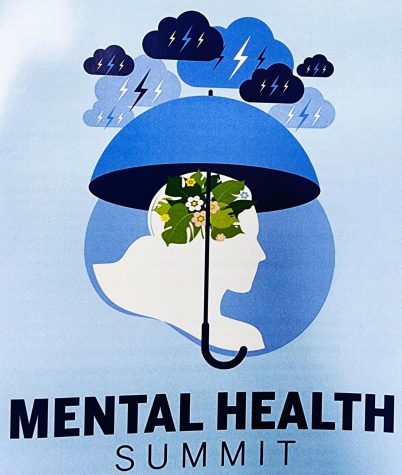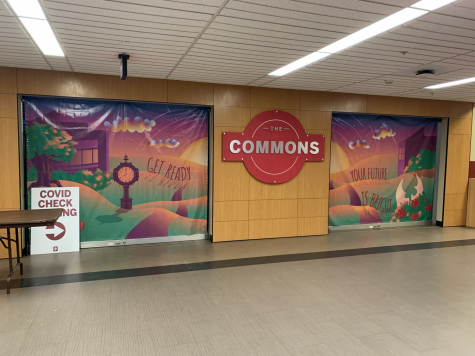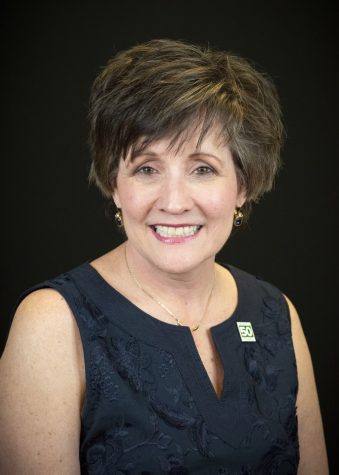Political networking
Students talk about how social media has changed politics.
October 29, 2015
November is quickly approaching which means election season is nearly upon us. If you forget, all you have to do is scroll through their Facebook page or Twitter feed.
People turn to social media to voice their opinion on political issues now more than ever. A new survey by the Pew Research Center’s Internet & American Life Project found that 66 percent of adult social media users have done at least one of eight civic or political activities with social media such as: posting, reposting, or becoming members of politically affiliated groups. Those adults make up 39 percent of the United States’ adult population.
Zane Glotzbach, a political science senior, supports the use of social media as a way to share political viewpoints.
“I think social media is a perfectly acceptable place to talk about politics. Possibly the best,” Glotzbach said. “It does have its pluses and minuses though. Its plusses are that it takes the awkwardness out of talking politics. It’s easier to express a view from behind a computer screen. And it also allows people to spread their views in a public forum.”
Glotzbach went on to add that the inability to tell which information is accurate and which is fabricated is one of the mediums’ major drawbacks.
Morgan Schultz, another political science senior, said everyone is entitled to their opinion and should be able to post whatever they want on social media; however, she also said she believes social media can be detrimental to the voting process.
“I don’t think social media is the best way to talk about your political ideas. I think joining a club or talking with your social group is,” Schultz said. “I think posting about politics on social media is how propaganda spreads and how Trump is leading. For example, the Hillary [Clinton] emails wouldn’t have been as big a deal if social media hadn’t been involved.”
Sarah Mann, a psychology sophomore, has similar views to Schultz.
“I think social media posts definitely affect voters’ viewpoints, although it shouldn’t. People shouldn’t be swayed by things they see on social media. They should do their own research and decide their opinion on what they have found while doing research because contrary to popular belief, things on social media aren’t always true,” Mann said.
Mann added that there is a distinctive difference between posts that are informative and ones that are annoying.
“If someone is uneducated about politics and they post something that they have no idea about, then it is very annoying. If a person posts about politics and has actually watched the news or done their research on the topic then it isn’t as annoying,” Mann said.
Glotzbach also weighed in on the annoyance factor.
“I think people only find political posts annoying when they’re from an opposing opinion and then generalize from there,” Glotzbach said.
In a study done from the Pew Research Center, they found many of the people who post about politics on social media are from opposing political parties.
“Overall, there are mixed partisan and ideological patterns among social media users when it comes to using social media such as Facebook and Twitter. The social media users who talk about politics on a regular basis are the most likely to use social media for civic or political purposes. And the social media users who have firmer party and ideological ties—liberal Democrats and conservative Republicans—are, at times, more likely than moderates in both parties to use social media for these purposes,” the report said.
While some may find social media posts annoying, others find it creates a platform for voters to express their ideas freely. If you can wade through the noise and the disinformation, you may discover social media’s ability to promote political thought.













